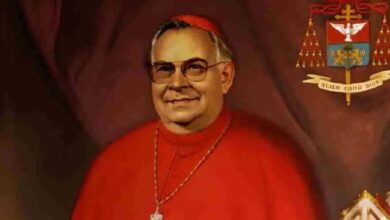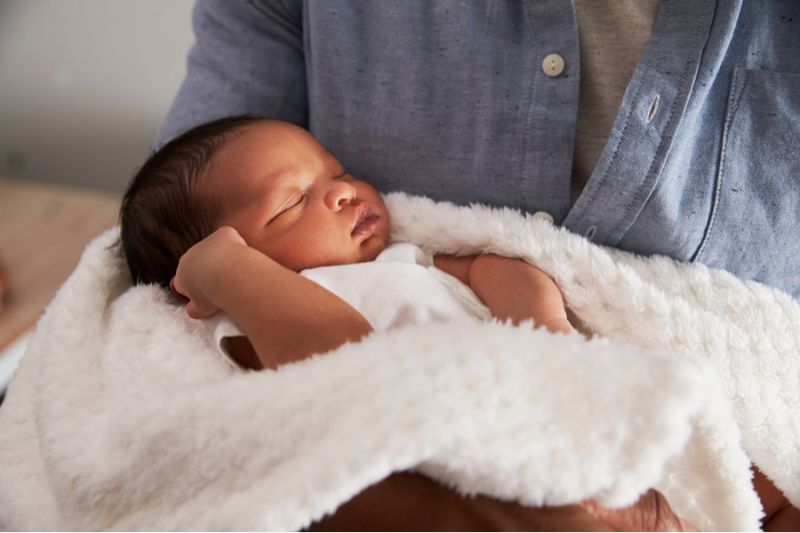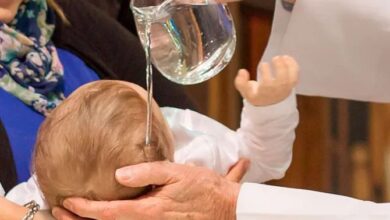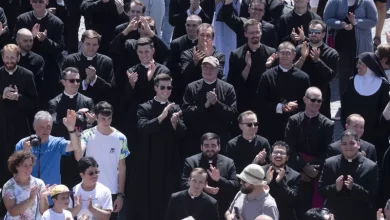‘Christ wants to be with us’: how Catholic ministries are responding to the mental health crisis
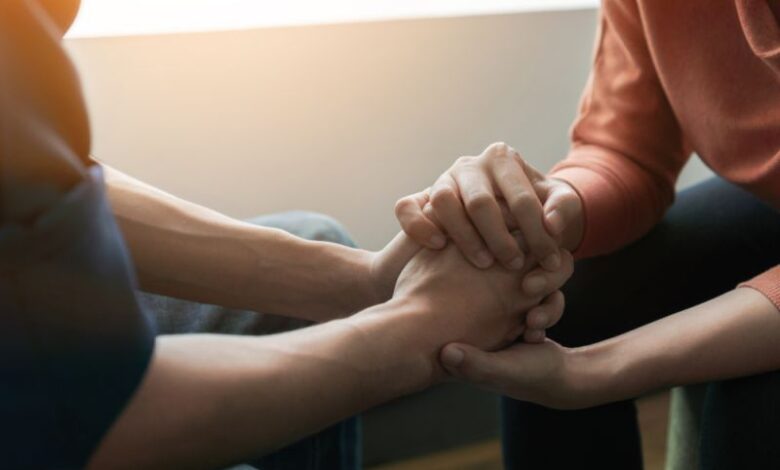
 null / Photo credit: Chanintorn.v / Shutterstock
null / Photo credit: Chanintorn.v / Shutterstock CNA Staff, Apr 13, 2024 / 07:30 am (CNA).
In October 2023, the U.S. bishops announced the launch of a mental health initiative to address the high rates of anxiety and depression, especially in youth. In recent years, Catholic organizations and ministries throughout the nation have been dedicating more resources to address the mental health crisis.
The percentage of U.S. adults diagnosed with depression has risen almost 10% since 2015, reaching 29% according to a 2023 Gallup poll. A higher percentage of teenagers — 7% more since 2019 — report persistent sadness and hopelessness, according to the Center for Disease Control data, which found that almost half of U.S. teens report experiencing these feelings.
A number of events and projects focused on mental health and healing have been launched by Catholic groups and institutions this spring.
Making mental health ministry ‘available in every Catholic parish’
The Catholic Association of Mental Health Ministers (CMHM) will host its second conference at the end this month for mental health ministry leaders in the U.S. “to network and support each other and share ideas, because this is a very new ministry within the Church,” said Deacon Ed Shoener, the organization’s president.
Shoener helped found CMHM to build mental health ministries in the Catholic Church in 2019 soon after his daughter, Katie, who struggled with bipolar disorder, died by suicide in 2016.
Shoener has traveled around the world educating Catholics on how to build mental health ministries in their local church communities.
“Our hope is that someday, mental health ministry [would] be available in every Catholic parish,” he told CNA in a phone call. “When someone is struck with a mental health challenge or a mental illness, the first place that everyone realizes they can go, where they’ll find understanding and compassion and support, is the Catholic Church.”
Shoener noted that the Church can offer “spiritual support” while also “encourage[ing] people” to get professional help, just like with physical illnesses.
The upcoming conference “Building a Culture of Community: Equipping Leaders for Mental Health Ministry,” set to take place April 25–27 in Mundelein, Illinois, a northern suburb of Chicago, is already sold out. Those interested may attend virtually.
Shoener noted that the interest reflects the need.
“There’s definitely a need in the Church. There’s no doubt about that,” Shoener noted. “Any place you go, literally, any place you go in the world, there is need and interest in this ministry.”
“I’m convinced the Holy Spirit sees that this is a need of the times and the Church,” he said. “The body of Christ is responding to it.”
Speakers at the conference include the association’s chaplain, Bishop John Dolan of Phoenix, Archbishop Borys Gudziak of the Ukrainian Catholic Archeparchy of Philadelphia, and Charleen Katra, executive director of the National Catholic Partnership on Disability.
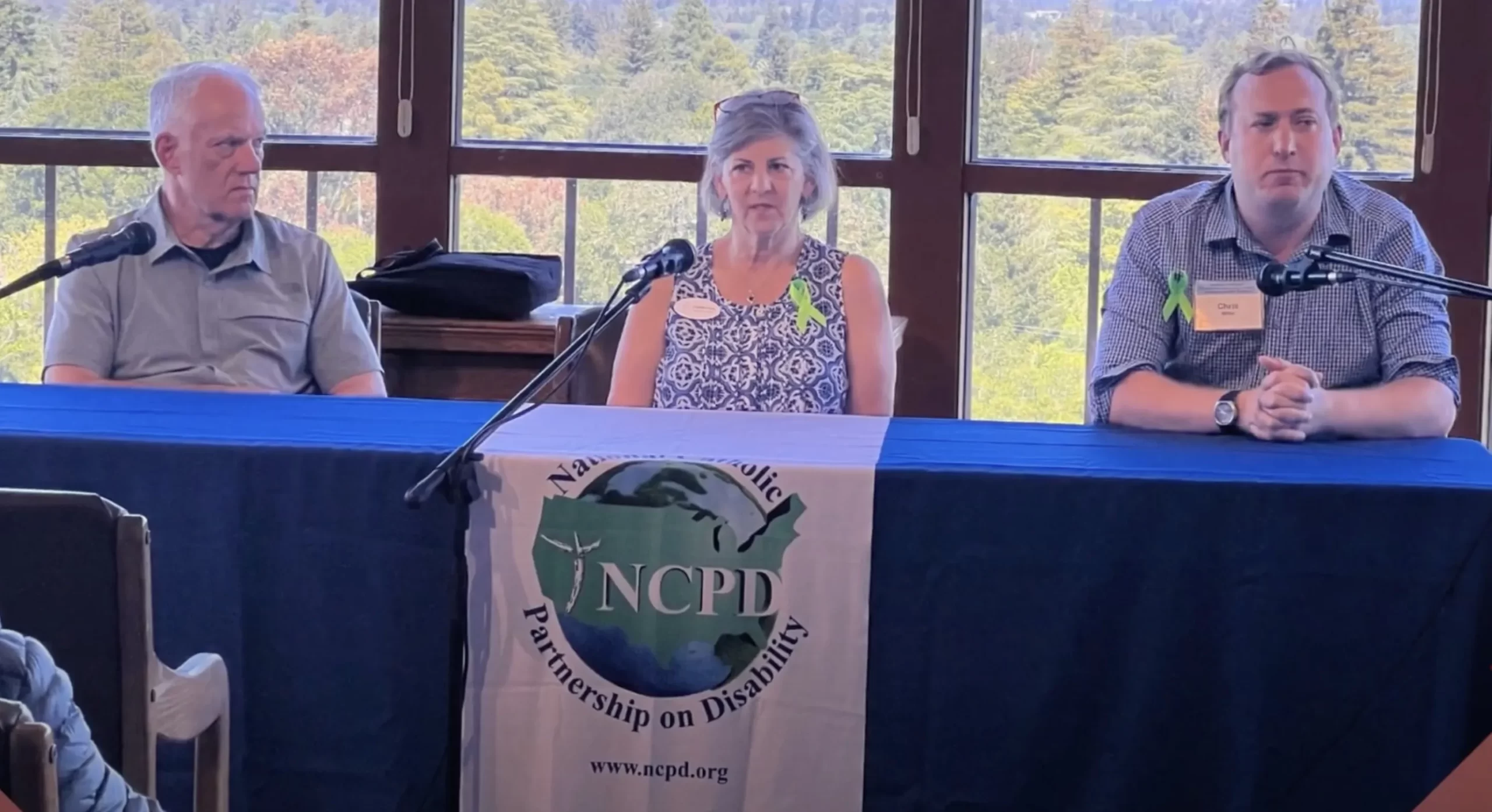
Shoener noted that while the “structured” mental health ministry is new, the Church has been dealing with mental health issues since the time of Christ.
“Jesus understands mental health, mental illness, because he’s human, and it’s been part of the human condition forever,” Shoener said. “Just like he understands physical suffering, he understands mental health and mental illness.”
Shoener noted that he’s visited other nations to discuss mental health issues. He has traveled to Canada, India, Italy, and South Africa to work with leaders and local Catholics on mental health ministry.
“The stigma or the types of beliefs about mental illness might vary from culture to culture,” he noted. “But the actual occurrence of mental illness as an illness — it doesn’t discriminate based on culture or ethnicity. Everybody’s affected by depression, anxiety, serious mood disorders, schizophrenia.”
“It’s pretty clear to me that the Holy Spirit is moving and guiding this, because Christ wants to be with us in these struggles and these sufferings,” he said of the ministry.
Seeking local leaders
Another event this spring focused on mental health will be held in Maryland. The Archdiocese of Baltimore is hosting a St. Dymphna Mental Wellness Retreat in partnership with Seeds of Hope at the National Shrine of St. Elizabeth Ann Seton on May 15.
The retreat will include Mass for families as well as breakout sessions on relevant topics.
“We are hoping to reach people who live with their own mental health challenges and their loved ones,” Melissa Freymann, a clinical mental health therapist who is organizing the retreat in her role as a mental health ministry consultant for the archdiocese, told CNA.
Freymann said the retreat is “a day of accompaniment and support” as well as a “day to gather” to launch the “next stage” of the Archdiocese of Baltimore Mental Health Initiative.
“We have a special breakout for those who have lost loved ones to suicide and another for those who want to start a mental health ministry in their parish,” she noted.
Freymann explained that Catholic mental health ministry “meets people where they are at.” The ministry “is not professional mental health care” but rather “a resource” that “offers hope and support.”
Yvonne Wenger, an organizer of the retreat and director of public relations for the archdiocese, said that one of the goals for the retreat is to “reach participants who are interested in establishing ministries in their parish communities.”
Wenger told CNA that some local churches are sending delegates to the retreat who “are interested “in exploring the possibility of establishing a ministry.”
“We want to help people understand what the ministry could look like,” she explained.
The retreat itself is named for St. Dymphna, the patron saint of mental illness. The choice of location — the Seton Shrine — is equally fitting given Seton’s experience with anxiety and depression.
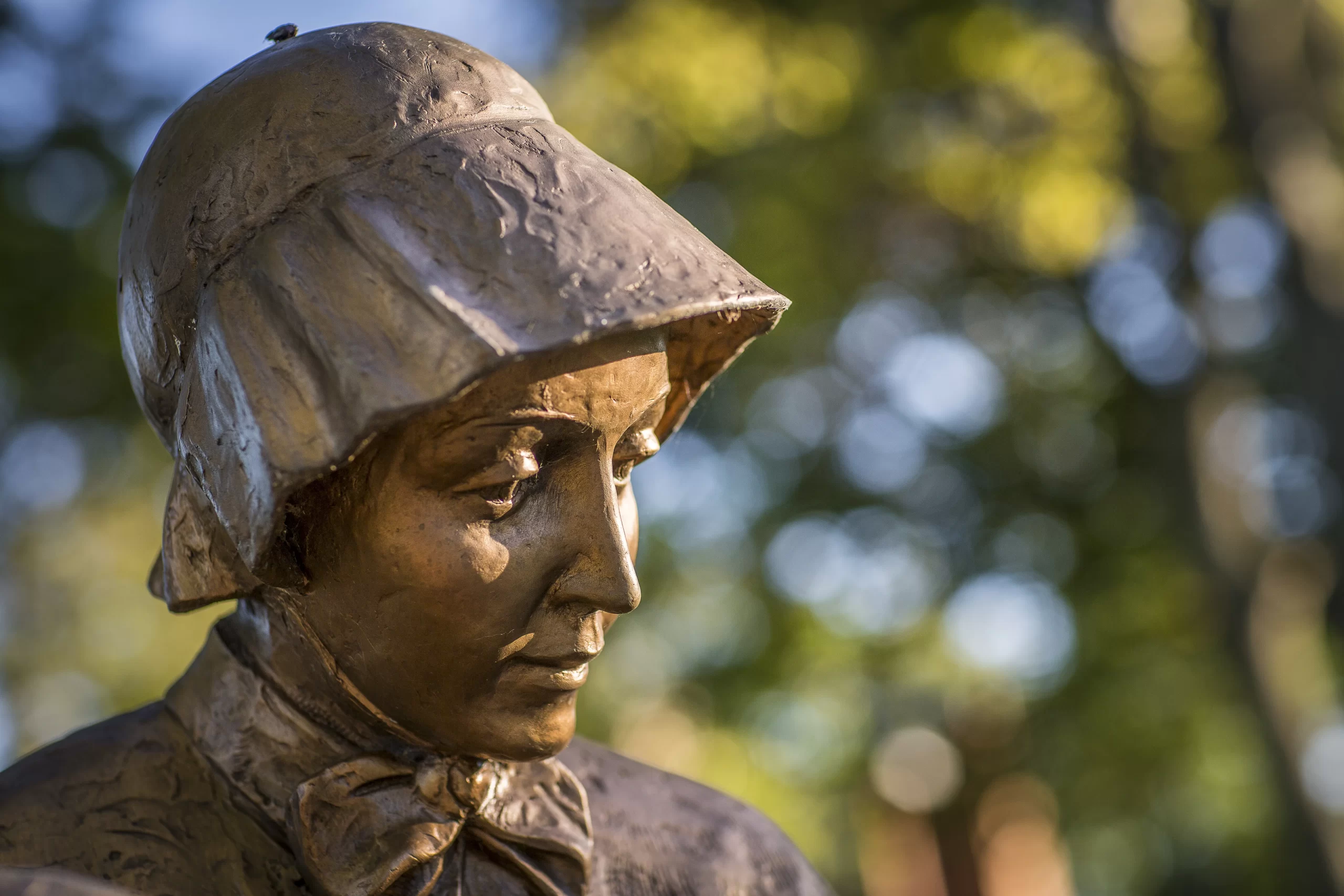
“Based on the review of her writings, there’s been a lot of speculation that it seemed like she dealt with some significant anxieties,” noted Shoener, who is speaking at the retreat. “Certainly, some of her children had their challenges with alcoholism and addiction — she certainly understood mental health conditions and severe grief.”
“It’s an example with Mother Seton — and many other saints — that mental illness and mental health challenges are by no means an impediment to holiness, to great holiness,” he added, noting how St. Oscar Romero lived with obsessive compulsive disorder, while Blessed Rutilio Grande had schizophrenia.
“God can overcome everything,” Shoener said.
The saints ‘went before us’
The Seton Shrine itself is also growing its mental health ministry through a series of Easter reflections by Catholic writer Paula Huston.
“There’s different lenses [through which] you could look at Elizabeth Seton’s life, and definitely one of them is the struggles and the loss that she experienced and her need to overcome that,” said Rob Judge, executive director of the Seton Shrine, who told CNA that he sees the shrine as “a place of healing.”
Judge said the shrine staff took inspiration from “the larger Catholic world,” including initiatives by the bishops and others in the Church for anyone who is struggling with mental illness or health.
“It’s an issue that touches all of us at different points, either more or less directly,” Judge noted.
While the series is “applicable to all stages” of life, Huston wrote each installment with “young people” in mind, Judge said.
“We see a lot that that generation is maybe struggling more than some previous generations and just discovering meaning in life and their way,” he noted. “And certainly [the] culture has many distractions for them.”
“We framed [the series] around the woundedness that we all have, and then through this series of writings, applied Elizabeth’s example to it,” he explained.
“Many people think of Elizabeth Seton, and they think of founding Catholic schools, and they think of her as a teacher,” Judge said. “They often don’t necessarily think of her as a child who was lonely, or a teenager who felt left out and didn’t know where to turn at times, and a mom who was trying to support her kids and came into the Church and then felt rejection.”
He noted that these feelings of “loneliness and rejection, abandonment, feeling like you don’t control your life, or powerlessness” are “very human experiences.”
“We’re not alone,” Judge said. “That’s hopefully what we learned through the saints, is that we’re not alone. They went before us.”



